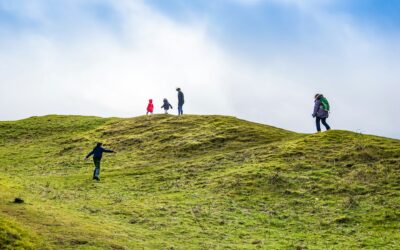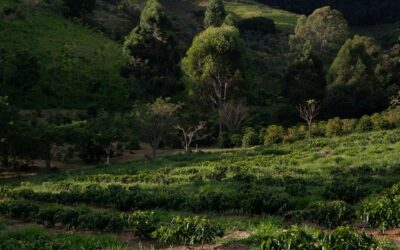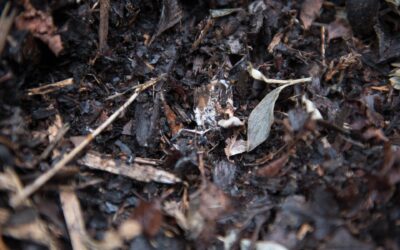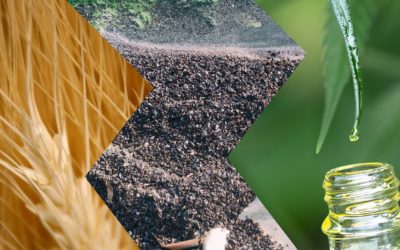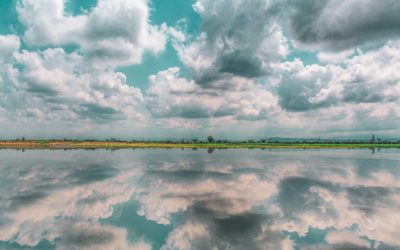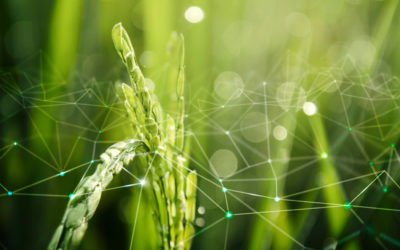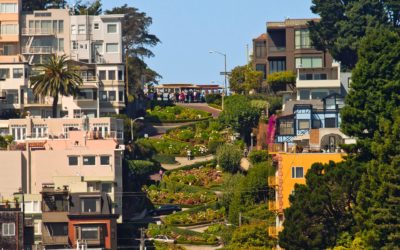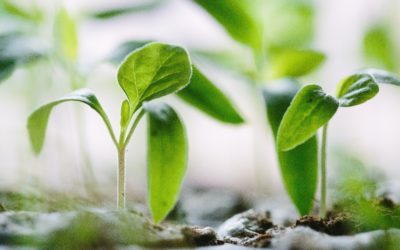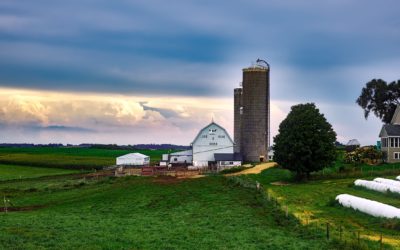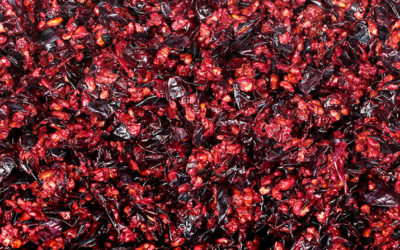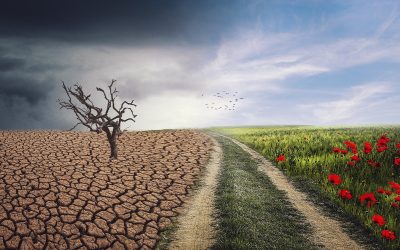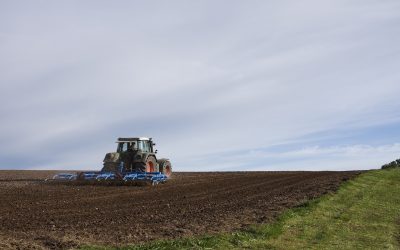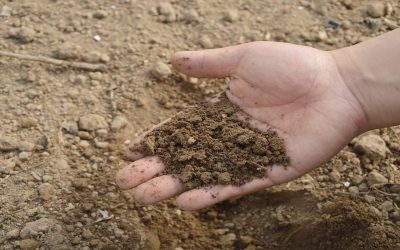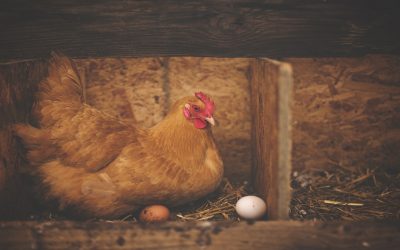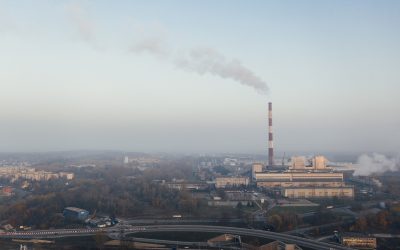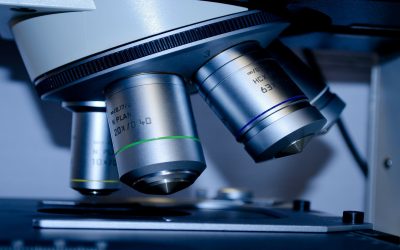CARTIF PROJECTS
CIRAWA
Agro-ecological strategies for resilient farming in West Africa
Description
CIRAWA will boost the implementation of agro-ecology in West Africa, thus facilitating the transition to a more sustainable food system. This area is particularly vulnerable to climate change due to its climate variability and the dependence of its agriculture on rainfall. In response, CIRAWA will provide new solutions, including strategies such as the production of high quality seeds, waste valorisation and production of biofertilisers, phytoremediation of saline soils and the adoption of sustainable soil and water management practices. These strategies will be implemented in Cape Verde, Ghana, Senegal and Gambia.
Objectives
- To identify and develop agroecology strategies that allow introducing sustainable food systems in West Africa.
- Develop a tool that allows farmers choosing the best proposed strategies according to the conditions of their agricultural systems.
- Implement in a practical way agroecological strategies chosen in pilot plots of 8 different regions in 4 countries.
- Improve the autonomy and adaptative capacity of farmers.
- Achieve the maximum range and disemination of agroecology in West Africa through the government organisms and other responsibles.
Actions
- Project coordination.
- Definition of the use-case scenarios.
- Design and development of a consultive risk system (DSS) integrated with the recommendations for fertilizing adapted to each use-case study.
- Workout labpurs for the africultural community, in order to assimilate as much as possible the results obtained in the project.
Expected results
- To facilitate farmers in the study areas in the optimal management of irrigation and fertilisation of their crops.
- Train the same farmers in other agro-ecological practices adapted to the conditions of the environment.
- Establish an information and consultation network to enable representatives of the agricultural world to share their experiences and improve their decision-making power.
- Ultimately, to facilitate the adoption of sustainable agricultural models in West Africa.
R&D Line
- Research in bio-fito remediation of degradated soil through the ecological restoration, metal recovery (biominery),etc.
Partners
|
|
Horizon Europe
101084398

Total Budget: 6,947,466€
CARTIF Budget: 888,500€
CARTIF Funding: 888.500€
Duration : 01/01/2023 – 30/06/2027
CIRAWA.EU
Responsible
Silvia Gómez
Division of Agrifood and Processes
Networking
Natural resources and climate projects:
PRO-CLIMATE
Support communities to proactively adapt to climate change through social transformation and behavioural change.
PRO-COAST
Stimulate and empower local communities and civil society in general, to support restoration and maintenance of biodiversity and ecosystem services across Europe, and thus to involve them more actively in environmental governance.
Agrigenomics and next-generation sequencing technologies
Implement advanced solutions to solve various problems linked to the agro-forestry and food sectors in Castilla y León, such as soil degradation, low agricultural productivity or the incidence of pests and diseases
ECOFORES
ECOFORES objective is the development of nerw bioproducts, agroecological processes and new solutions environmentally sustainable, through the application of subproducts conversion technologies.
AIR-COMPOST
AIR-COMPOST general objective is to reduce the odours and Volatile Organic Compounds (VOCs) produced on the process of composting through the addition of microorganisms, additives and other compounds.
NATMed
NATMed project will develop, implement and validate a joint of innovative nature based solutions (NbS) on existent water infrastructures for improving the management of the water cycle and provide Ecosistemic Services and environmental, social and economic benefits.
Innovation in rapid methods for the detection of biomarkers of interest in agri-food, environmental health and biomedicine
Las líneas de investigación de CARTIF en calidad de aire interior y mejora de la calidad alimentaria buscan ir un paso más allá en las capacidades analíticas y experiencia que se tienen actualmente para trabajar en aplicaciones dentro de los sectores de la salud ambiental, la agroalimentación y la biomedicina.
REGIONS4CLIMATE
The Regions4Climate project aims to collaboratively develop and demosntrate a socially-just transititon to climate resilience. Based on cross-sectoral roadmaps developed together with regional stakeholders.
InvestCEC
InvestCEC will develop a pelicable model to implement circular economy projects in cities and regions of all Europe, taking into account all the interested relevant parts.
S4UG
S4UG is a feasibility study that pretends to demonstrate the technical and commercial feasibility of the services based on the observation of the Earth that addresses the design, planification and management of the urban green infrastructure.
K-HEALTHinAIR
K-HEALTHinAIR busca evaluar la calidad del aire interior en 9 diferentes escenarios representativos a nivel europeo en base a una campaña de monitorización de parámetros físicos, químicos y biológicos. El estudio se llevará a cabo en 5 pilotos diferentes distribuidos por toda Europa: Barcelona, Rotterdam, Baden-Wurtemberg, Polonia/Austria y Noruega.
SUPERA
SUPERA project is based on increasing and improving the knowledge of the mechanisms of action of RNAi in the framework of plant health, thus boosting agricultural productivity and environmentally friendly forest health. Environmental RNAi refers to the uptake of RNAs from the environment that can induce systemic gene silencing in the organism.
AgriGenomics Hub
The project focuses on boosting the biotechnology activity in the agroindustry in Turkey, from the farm to the agro company, throughout knowledge, technologies and new products arising from the creation of a research and innovation centre focused in the agrogenomic study of animals and plants
FIREPOCTEP
Adaptation to the climate change through the prevention and management of the landscape exposed to huge forestry fires in cross-border rural areas between Spain and Portugal.
PHENOLEXA
Agricultural side streams-olives, wine, chicory and onions- are rich in bioactive compounds (BAC) and have antioxidant, antimicrobial, anti-inflammatory and anticancer properties. Their full potential has yet to be realised, due to a lack of technologies that preserve the complexity and functionality of these BAC.
NEMO
NEMO aims to create a turn-key solution through which new systems are integrated into existing infrastructure to empirically measure emissions and noise emitted by individual vehicles
LIFE myBUILDINGisGREEN
LIFE myBUILDINGisGREEN provides Nature-based solutions for the local adaptation of education and social buildings in the face of Climate Change
NBS-Lab
The NBS-Lab project research on the functional use of natural resources to solve environmental problems arising from current climate change and ecosystem deterioration of urban and peri-urban areas.
The project seeks competitive positioning of regional companies in the field of Nature Based Solutions (NBS).
LIFE ALCHEMIA
El Proyecto LIFE ALCHEMIA busca eliminar la presencia de radiactividad natural, uno de los retos actuales del agua de consumo humano.
REMESOL
REMESOL aims to recover depleted soils with low agricultural production by applying artificial soils based on mixtures of waste, by-products and products.
LIFE GySTRA
LIFE GySTRA will provide the most effective solution for this problem, creating a global system to precisely quantify vehicle emissions in real driving situations, not only to control them, but to support the creation of a policy to achieve its reduction
URBAN GreenUP
RBAN GreenUP objective is the development, application and replication of Renaturing Urban Plans in a European and non-European cities with the aim to mitigate the climate change effects
POCTEP ESMIMET
POCTEP ESMIMET generates a network of scientific-technical knowledge and R & D & I around the development of metal mining capabilities that allow the development of regional and joint activities, projects and initiatives of high added value in different areas of I + D + i.
SUSTRA-TEC
SUSTRA-TEC has developed innovative technological substrates with techno-soil characteristics, providing as a novel aspect the self-fertilizing capacity and the capture of atmospheric pollutants.
MSP-REFRAM
MSP-REFRAM will address these challenges by creating of a common multi-stakeholder platform in order to support the implementation of the EIP on Raw Materials.
FERTINOVO
The FERTINOVO project develop intelligent fertilizers through the valorization of by-products derived from the poultry multiplication activity of the laying sector.
LIFE BATTLE CO2
The LIFE BATTLE CO2 Project has developed an innovative process, in which the use of biomass as an alternative fuel allows a decrease in CO2 emissions and enhances the development of low carbon processes.
LIFE EQUINOX
The Life-EQUINOX project has developed a new method that allows asphalt roads to “capture” NOx in the atmosphere, thanks to a chemical reaction that uses solar radiation and titanium dioxide.
LIFE DIOXDETECTOR
The technique developed in the LIFE DIOXDETECTOR project for the quantification of PCDDs / PCDFs will represent a revolution compared to other traditional techniques, due to multiple innovative aspects such as the reduction of both sampling and analysis times and the reduction of the costs of analysis, among others.
SHBUILDINGS
SHBUIDINGS develops a degradation prevention system that at the same time serves for the complete management of historic buildings, using advances in sensoring, Internet of things (IoT) and cloud computing, providing objective criteria for decision-making on actions to be carried out in the building where that system is deployed.
BIOSELENER
BIOSELENER develops functional systems for the supply of solid biomass for energy purposes, based on the selective zonal implantation of agroforestry crops.

